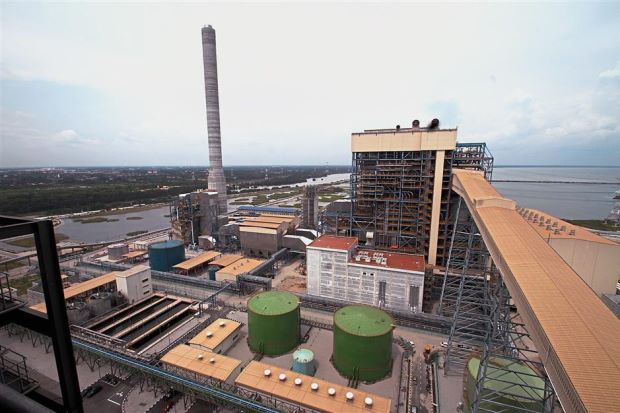Coal rally a headache for Malaysia power firms
PETALING JAYA: Despite some price retracement in the past two months, global coal prices remain high after rallying over 30% from a low of US$92 per tonne in April to US$120 per tonne in July.
Between July and October, the average coal price was US$116.43 per tonne as compared with an average of US$103.42 per tonne between January and June this year.
In July, the Australian thermal coal prices broke through the US$120-per-tonne level for the first time since 2012, driven by strong consumption in Asia.
Spot prices for thermal coal from Australia’s Newcastle were quoted at US$112.15 per tonne last Thursday.
Analysts said the coal price is up one-fifth over the past six months and has not fallen much from the six-year high of almost US$120 per tonne.
In addition, they said coal prices have increased while the ringgit has weakened against the US dollar.
Analysts also believed that if coal prices were to remain strong throughout the remaining months, another surcharge for the next six months of 2019 (January-June) may be imminent, as rebates provided by the government are unsustainable when coal and gas prices continue to escalate.
Coal plays a big role in Malaysia’s energy scheme, with some 62% being imported from Indonesia, another 24% from Australia and the remainder from Russia (11%) and South Africa (2%).
Peninsular Malaysia’s power generation is highly dependent on fossil fuel with 53% coal, 42% natural gas and 5% hydro, together with other forms of renewable energy.
For the second quarter to end-June, TNB’s average coal price stood at US$91.1 per tonne. This was sharply higher than the average price of US$55.7 per tonne in TNB’s financial year 2016 (FY16) and US$72.7 per tonne in FY17.
It’s not just thermal prices that are strong as global natural gas prices are also on an uptrend, driven by demand in Asia, Europe and the United States.
The regulated gas price for the power sector was RM25.70 per million British thermal unit (mmBtu) in the second half of this year. TNB can purchase 1,000 million standard cu ft per day at this price and buy the rest at market price, at about RM31.63 per mmBtu. In the second quarter to June 30 this year, TNB’s fuel cost on coal had gone up to RM2.9bil as compared with RM2.45bil in the first quarter.
The escalating cost of electricity generation has to be adjusted in the form of an imbalanced cost pass-through (ICPT) rate.
In Peninsular Malaysia, the electricity tariff is determined by the government through a globally-accepted framework called incentive-based regulation (IBR).
The IBR provides a mechanism called ICPT which allows adjustment of fuel prices for the electricity sector every six months. Changes in the price of fuel for electricity generation are reflected as a varying rate of a rebate or surcharge.
Source: TheStar

